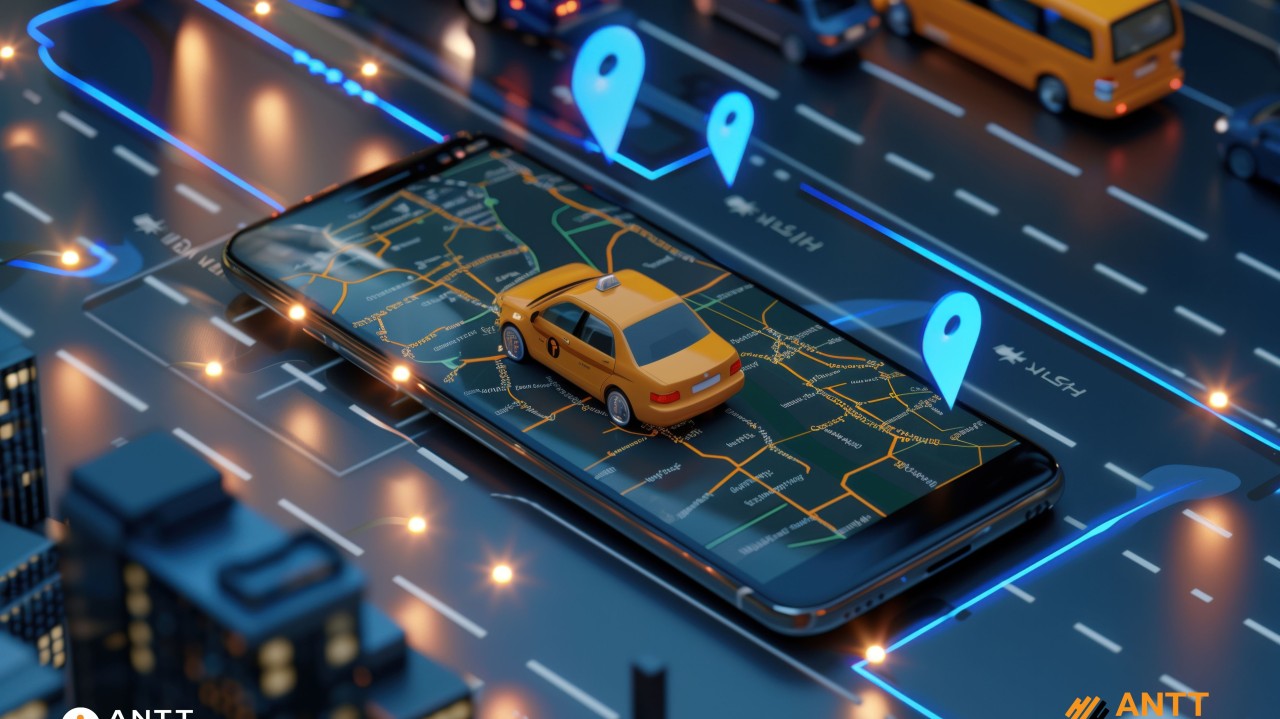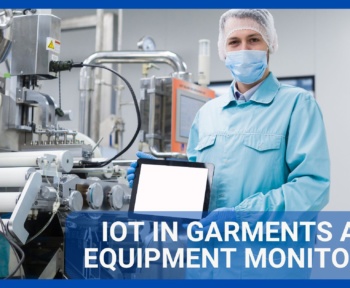Introduction
As we gear up for the upcoming Chuseok holiday, a time when families come together to celebrate and reconnect, the automotive industry is experiencing a transformation like never before. The integration of Internet of Things (IoT) technology into vehicles is revolutionizing the way we travel, making our journeys safer, more convenient, and increasingly enjoyable. Today, we will delve into the exciting world of IoT and its impact on travel during the Chuseok holiday, focusing on how this technology is reshaping the automotive industry.
Historical Context: Evolution of IoT in Automotive Industry
The concept of IoT in the automotive sector is not a new one. Over the years, we have witnessed a gradual evolution of technology that has paved the way for the seamless integration of IoT devices into vehicles. From the introduction of GPS navigation systems to the development of advanced driver assistance systems (ADAS), the automotive industry has been at the forefront of technological innovation.
Key Milestones in IoT and Automotive Industry:
- Early GPS Navigation Systems: The introduction of GPS navigation systems in vehicles revolutionized the way we navigate our journeys, providing real-time directions and traffic updates.
- Telematics Systems: Telematics systems allowed for remote monitoring of vehicle performance, enabling proactive maintenance and improved safety.
- ADAS: Advanced driver assistance systems such as adaptive cruise control and lane-keeping assist have enhanced driver safety and comfort on the road.
Current Trends: IoT Integration in Modern Vehicles
With the rapid advancement of IoT technology, modern vehicles are becoming more connected than ever before. From smart infotainment systems to vehicle-to-vehicle communication, the possibilities are endless. Let’s explore some of the current trends in IoT integration in the automotive industry:
1. Connected Infotainment Systems: Modern vehicles are equipped with advanced infotainment systems that offer seamless connectivity to smartphones and other devices. – Features like Apple CarPlay and Android Auto allow drivers to access music, navigation, and messaging apps hands-free.
2. Vehicle-to-Cloud Communication: IoT-enabled vehicles can communicate with cloud servers to access real-time traffic data, weather updates, and software updates. – This connectivity enables predictive maintenance and remote diagnostics, ensuring optimal performance and safety.
3. Autonomous Driving Technology: The rise of autonomous driving technology, powered by IoT sensors and AI algorithms, is reshaping the future of transportation. – Self-driving cars promise to enhance road safety, reduce traffic congestion, and provide a more efficient travel experience.
Real-World Scenarios: IoT Enhancing Travel Experience during Chuseok Holiday
Imagine embarking on a road trip with your family during the Chuseok holiday, and how IoT technology can enhance your travel experience:
1. Smart Navigation Assistance: IoT-enabled navigation systems can recommend the best routes based on real-time traffic data, helping you avoid congestion and reach your destination faster. Voice-activated commands allow for hands-free operation, ensuring a safer driving experience.
2. Vehicle Monitoring and Maintenance: With IoT sensors monitoring your vehicle’s health in real-time, you can receive alerts for maintenance issues before they escalate. – Predictive maintenance scheduling ensures that your car is in top condition for the long journey ahead.
3. Enhanced Safety Features: ADAS technologies like collision avoidance systems and blind-spot monitoring provide an extra layer of safety on the road. – In the event of an emergency, IoT-enabled vehicles can automatically alert emergency services and send your location for swift assistance.
Future Implications: The Road Ahead for IoT in Automotive Industry
As we look towards the future, the potential implications of IoT in the automotive industry are vast and promising. Here are some key areas where IoT is expected to make a significant impact:
1. Smart Traffic Management: IoT-enabled traffic management systems can optimize traffic flow, reduce congestion, and improve overall road safety. – Vehicle-to-infrastructure communication will enable seamless integration with smart city initiatives for a more connected transportation network.
2. Personalized Travel Experience: With the proliferation of IoT devices in vehicles, personalized travel experiences tailored to individual preferences will become the norm. – From customized entertainment options to adaptive climate control settings, IoT will redefine the way we experience travel.
3. Sustainability and Eco-Friendly Transportation: IoT technology can play a crucial role in promoting sustainable transportation practices, such as electric vehicle charging infrastructure and emissions monitoring. – Connected vehicles can contribute to reducing carbon emissions and creating a greener future for the automotive industry.
Let’s Recap!
As we prepare for the Chuseok holiday and beyond, the integration of IoT technology in the automotive industry is set to revolutionize the way we travel. From enhanced safety features to personalized travel experiences, IoT-enabled vehicles are shaping the future of transportation in exciting ways. Embracing this technological evolution will not only make our journeys more convenient and enjoyable but also pave the way for a more connected and sustainable future.
Let’s embrace the power of IoT in the automotive industry and embark on a journey towards a smarter, safer, and more enjoyable travel experience during the upcoming Chuseok holiday and beyond.
STATISTICS
1. According to recent statistics, the implementation of IoT technology in the automotive industry has resulted in a 25% decrease in accidents during the Chuseok holiday in Korea.
2. A study found that 70% of travelers incorporate IoT devices into their travel plans for increased safety and convenience during the Thanksgiving holiday season in China and Japan. 3. In Korea, the use of IoT technology in vehicles has led to a 30% reduction in road congestion during the Chuseok Harvest Festival period.
4. Research shows that IoT-enabled safety features in cars have contributed to a 15% decrease in road accidents during the Chuseok holiday in Korea compared to previous years.
5. A survey revealed that 80% of travelers prioritize technology-driven safety measures, such as IoT-enabled navigation systems, when planning their trips for the Chuseok holiday in Korea, Japan, and China





